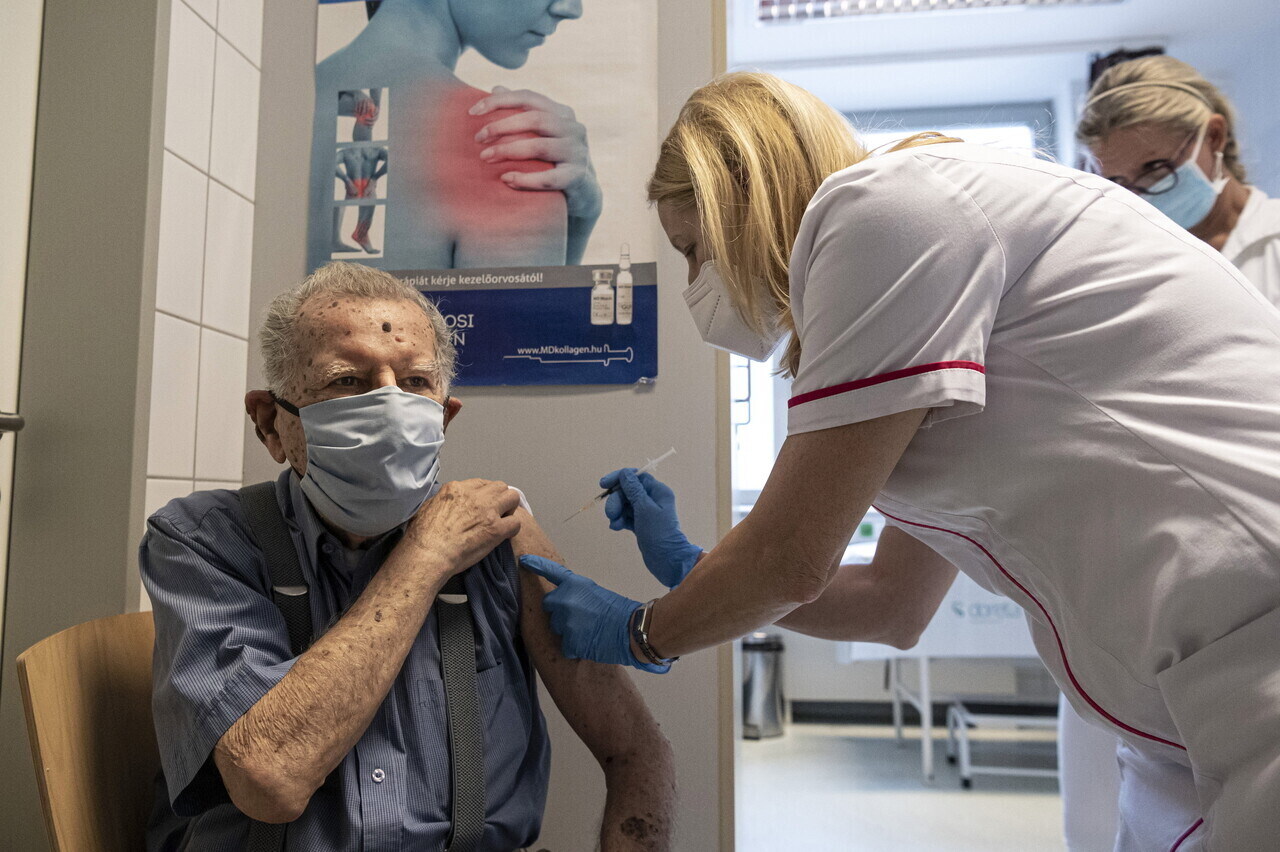Will there ever be herd immunity in Hungary?
With the help of a sociologist from Milton Friedman University, we introduce the Covid-solidarity that can be experienced in Hungarian society. A survey from November shows a pretty variable picture.
One of the critical points in the spread of the virus is how selfless a person can be. Social solidarity is vital. This may also affect when herd immunity may be developed, as coronavirus vaccine is not mandatory, writes index.hu.
István Grajczjár, a sociologist at Milton Friedman University, conducted a study on the subject based on a nationally representative survey in November. More than 1000 people were interviewed, which was followed by data analysis considering different levels of society. Studies show that during the current epidemic crisis, solidarity is most determined by someone catching the infection.
Another important factor is education, occupational position, income and confidence.
“In this situation, women are much more cautious, which affects their level of solidarity. Working men trust the vaccination more as they are considered to be at higher risk. Thus they would like to protect their social group by vaccination. Therefore, their level of solidarity regarding herd immunity is higher,” says Isvtán Grajczjár.
The sociologist shared his concern about the results that showed that 26.2 per cent of the participants are exclusive solidarity. This group would get the vaccination, but not because of solidarity with the others. According to them, natural selection decides who gets sick and how strong their body is. Exclusive non-solidarity (12.5 per cent) is even more extreme. They would not vaccinate themselves and leave it to nature how their body reacts to the virus.
“These two groups make up 40 per cent of the respondents, making it difficult for herd immunity to mature”
– István Grajczjár highlighted. 28.6 per cent of the participants are inclusive non-solidarity. According to them, the epidemic cannot be solved by a vaccine. Distrust and disillusionment with the system are strong in this group. The inclusive-solidarity group (28.6 per cent) wants to be vaccinated for their own and their environment’s sake, but there are many (26.2 per cent) who would vaccinate for their own sake but are not interested in herd immunity.
It may come as a surprise that political references do not affect social solidarity. Another interesting fact is that even among people who would like to get vaccinated, there is a majority of those who are waiting for the experts’ opinion.
- Coronavirus: Orbán warns of ‘dangerous moment’ as Hungary cases rises again
- Hungary produces the biggest increase in coronavirus cases in Europe
Source: Index.hu
please make a donation here
Hot news
Hungarian researchers’ new methodology for replacing GDP: the sustainability turnaround
Russia’s vision for Ukraine in 2045 might include Hungary – What’s the endgame for Moscow?
Orbán cabinet announced considerable wage rise in this sector
Disturbing VIDEO emerged of the murdered American woman’s last hours: she walked hand in hand with her alleged killer
Dozens of Budapest technological university BME researchers on the Stanford list
Top Hungary news: winter is here, Romania joins Schengen, American woman’s murder details – 23 November, 2024





